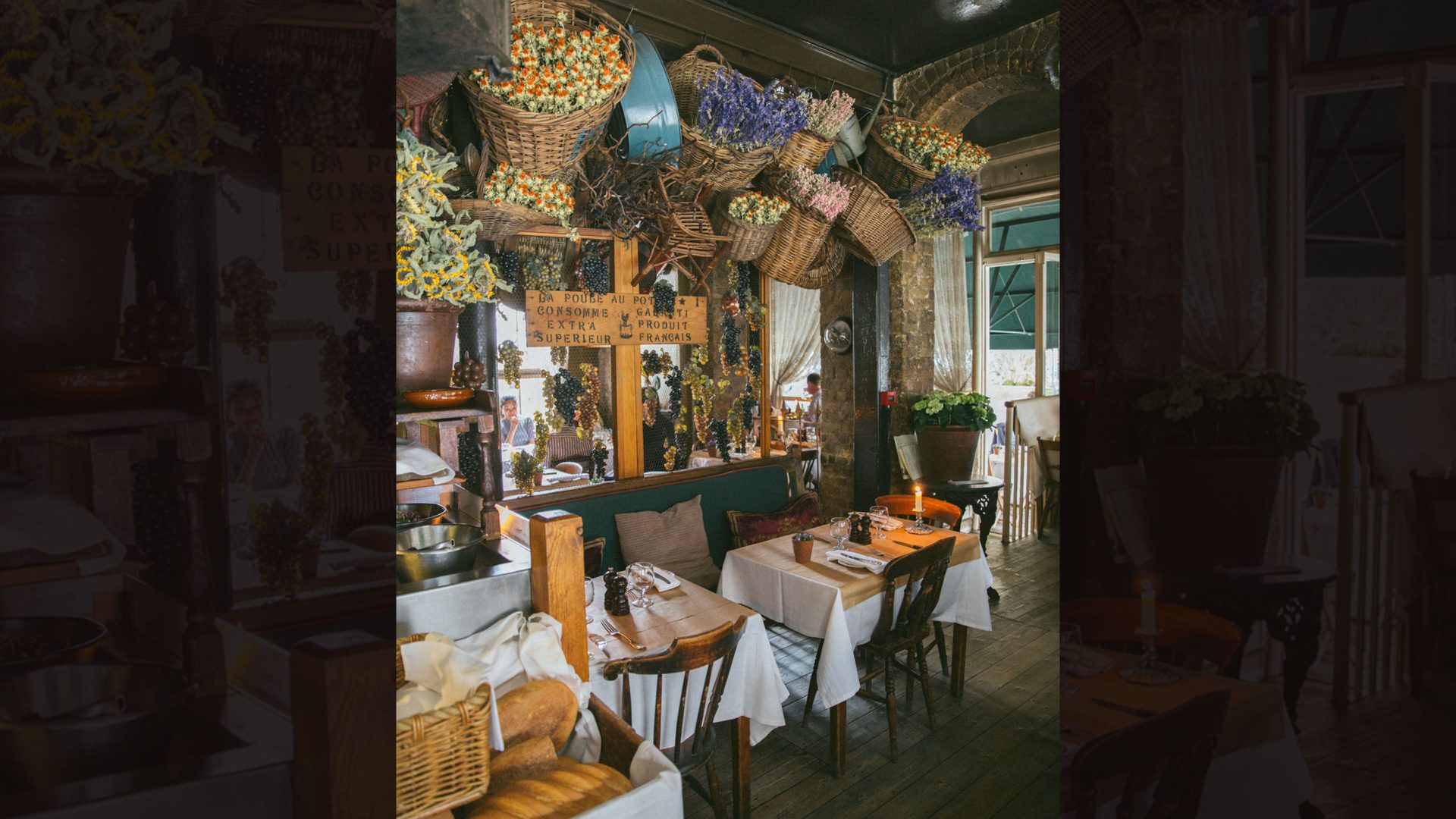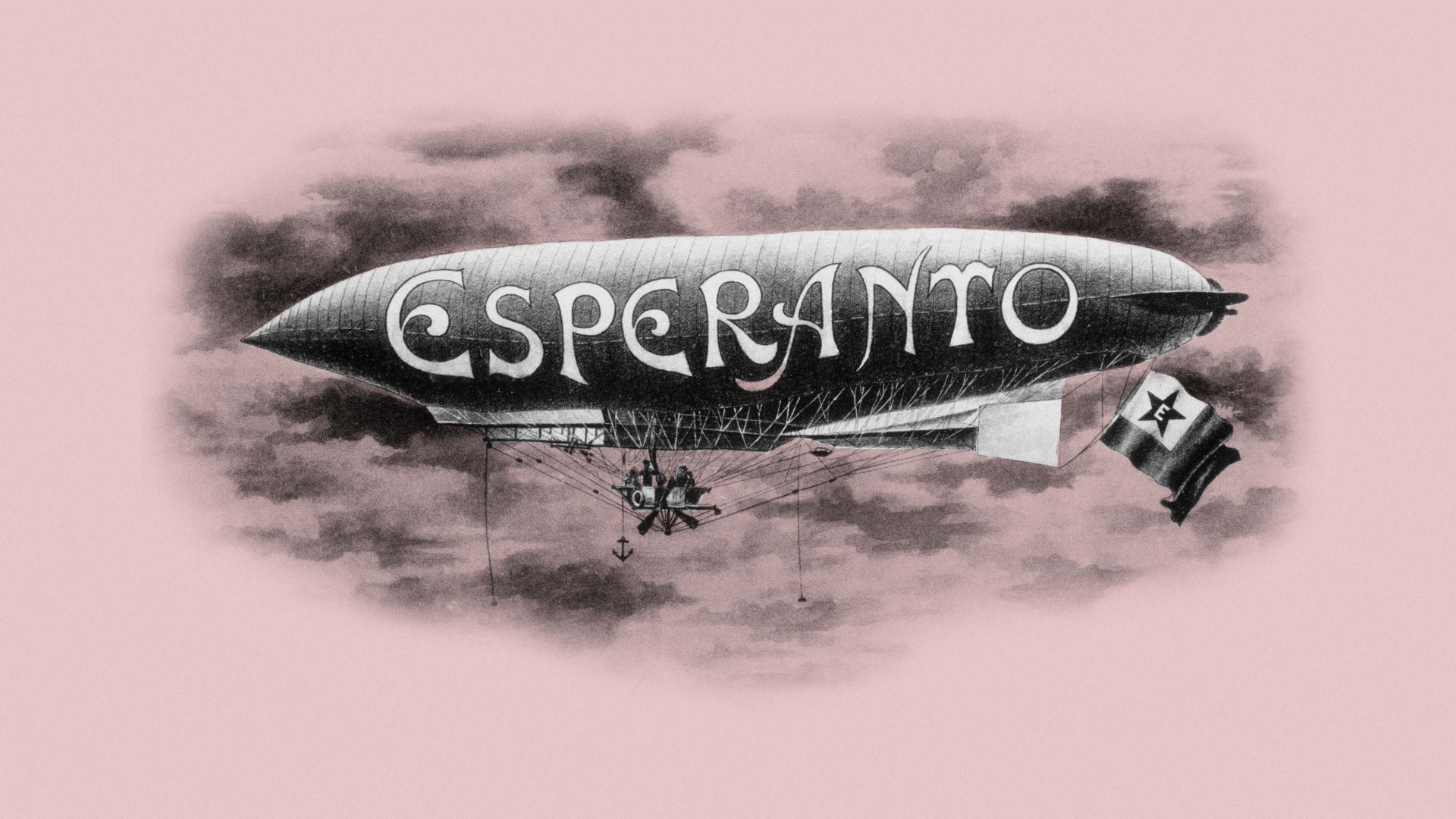It’s Bastille Day in London and Lawrence, who runs a French restaurant with his wife, Emily, up in London’s Brook Green neighbourhood, is getting ready to welcome back the local expat population. There are quite a few people of French origin in that part of London – not as many as there were before Brexit though.
Not thinking of the implications of la fête nationale, I order a flat white and get told off. “We’re a French restaurant, so it’ll be café au lait,” says Lawrence.
Le Petit Citron has a high oak bar where I sit with Lawrence. Around us are none-more-Gallic posters advertising Perrier water and the Le Mans 24-hour race. Menus are stacked on the counter, next to a sign saying: “bienvenue”. Today’s special cocktail is called, not surprisingly, the 14 Julliet, and it costs £9.871. “It’s 1798 backwards,” says Lawrence, helpfully.
I ask him what’s good on the menu. “That’s like choosing children,” he replies, before recommending the soupe de poisson and confit duck leg with lentils and sauce verte. “For dessert, it would have to be the petit citron, it’s what we do,” he explains. The dish is a type of lemon posset but with a French twist. Where would London or Britain be without French food, even if we’ve never really embraced the snails that have been on offer at L’Escargot in Soho’s Greek Street since 1927?
A short ride on the Piccadilly line takes me to London’s oldest French bookshop, Librairie La Page, in South Kensington. Inside, I am drawn to a translation of Madeline Miller’s Circe, which could improve my French more effectively than my currently unused Duolingo app.
Meanwhile, Isabelle, the bookshop’s director, is passing hurried messages to two of her sales team. “I’m rushing off to the embassy for Bastille Day,” she says. Someone else also told me: “We raise a glass of champagne after the chancellor of the embassy speaks. It’s all very French.”
Since taking over 15 years ago, the shop has evolved into a literary safe haven for London’s French community in a time when Britain’s cultural and political character has changed. Not only is Librairie La Page London’s oldest French bookshop, today it’s the only one.
“Many of the French have gone home,” she says, and it’s not because of the Bastille Day holiday. It’s Brexit. “We are an eight-man team, but it is harder to hire French people now,” Isabelle says.
In 2017, Emmanuel Macron joked that, by population, London was France’s sixth biggest city. But he was right. London has always had a big French population. Now it is in decline. In 2019, 190,000 French people lived in the capital. By 2021, that figure had fallen to 149,000.
At Le Petit Citron, Lawrence told me that the last five years have been “without a doubt” the hardest for business. With supply chains disrupted, importing French produce for his restaurant has been exhausting. It can take up to nine months to get hold of Perrier water. Some orders never arrive. Lawrence occasionally has customers who voted for Brexit. “They never seem to get it,” he tells me.
The last stop of the day is La Poule au Pot, a French restaurant on Ebury Street which Londoners will tell you has been there forever. Lionel Banda, the restaurant manager, has been there for 24 years.
“I’ve seen many different generations come and go – children who used to come in with their parents now come in with sons and daughters of their own,” he laughs.
In that time, the menu has barely changed. Patrons can still order the poule au pot (chicken in a pot) or pintade rôtie, in a similar way to how they could in 1962. “It’s what the French like,” shrugs Banda.
To wash this down, the restaurant has oodles of chateau paradis rosé on standby. On this July 14, there was a unique way of paying for it – dine wearing white and a glass was yours on the house. But business is becoming harder and London’s French population is dwindling.
In five years’ time, I wonder if London will have Bastille celebrations to speak of at all. If not, it will be our loss.




